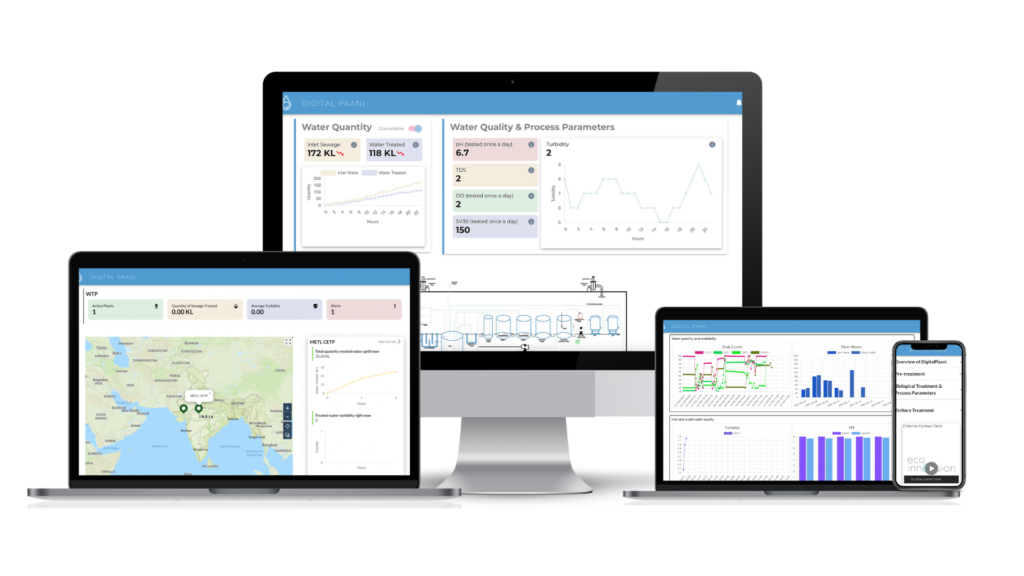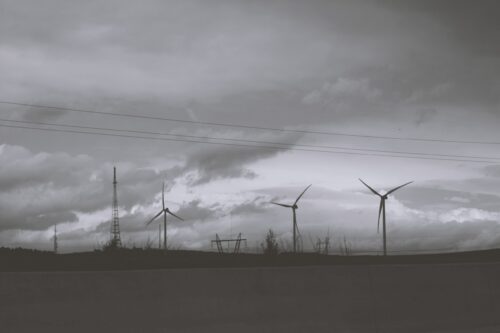The increasing water demand for domestic and industrial applications are creating additional pressure on fresh water resources which cannot suffice the needs of growing population. For instance, In India, according to an OECD report, water demand will rise by over 70% by 2025.
An article titled Water reuse from a circular economy perspective and potential risks from an unregulated approach suggest water reuse as one of the potential solutions to reduce the gap between availability and demand.
In addition to being an alternative water management strategy, water reuse serves two purposes. One, it augments water resources. Second,it reduces the environmental impacts by disposing untreated wastewater.
A report titled Water reuse in India: Current perspective and future potential by Indian Institute of Technology, Roorkee mentions that there is a huge prospect for treated wastewater reuse in India.
In spite of such great potential in water reuse, India faces challenges. Complex and manual operations of the wastewater treatment plants and lack of skilled labours are the primary challenges. It is estimated that 70 percent of all sewage treatment plants in India are not working due to high cost of operation.
DigitalPaani is leveraging the technology for effective water reuse to transform water treatment plants.

“A 14-years old water treatment was prone to frequent issues due to operational mismanagement. DigitalPaani’s team detected and supported the operational team in solving several issues. The list of issues include poor backwash practices that prevented filters from working, choked pumps, ineffectual chlorine dosing, and failed automation. DigitalPaani streamlined the entire operational process and recommended energy-saving measures. At present, a reduction of 33% in energy consumption. This has even enabled the building complex to offset consumption of over 75,000 litres of freshwater every day and save over Rs 25,000 each month just in reduced energy bills” told one of the clients of Digital Paani.
According to the founders Mansi and Rajesh Jain, there are numerous benefits for automation of wastewater treatment plants. Automation can increase treatment of sewage and ensure higher treated water quality. Moreover, this process reduces contamination of land and water and improves the health of people.
Secondly, optimizing ensures cost effective and hassle free operations of wastewater treatment plants. Once operations are simplified, plant owners can save on significant resources like time and energy. The team promises that the direct cost savings in operations amount to 75% of operating costs.

Mansi wishes for more government support for eco-friendly product and service startups. These include changing procurement norms enabling startups manufacturing more
sustainable products to introducing innovation oriented mentoring programs and grants. The journey of DigitalPaani was not a smooth sailing. Ensuring the product development pace keeping with customer expectations was one of the key hurdles. However, in her own words, “Digital Paani designed global products and strategically planned to expand in similar Asia-Pacific markets”.
Do you have a solution to catalyze water reuse for urban dwellers?
Share your green story!





